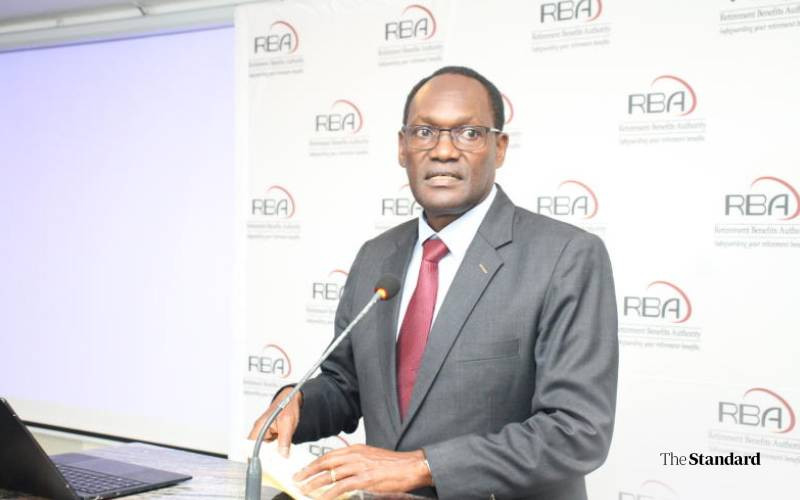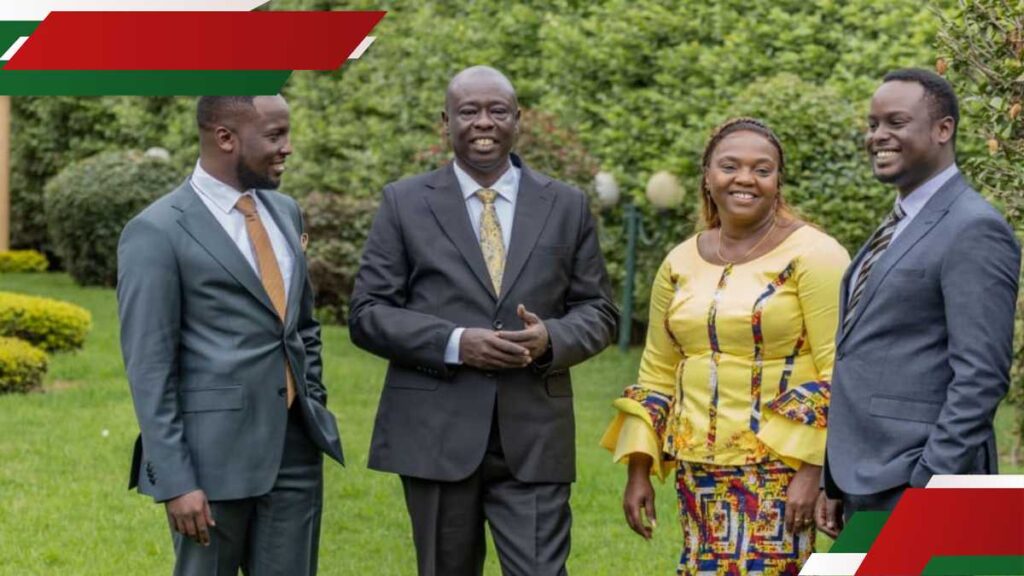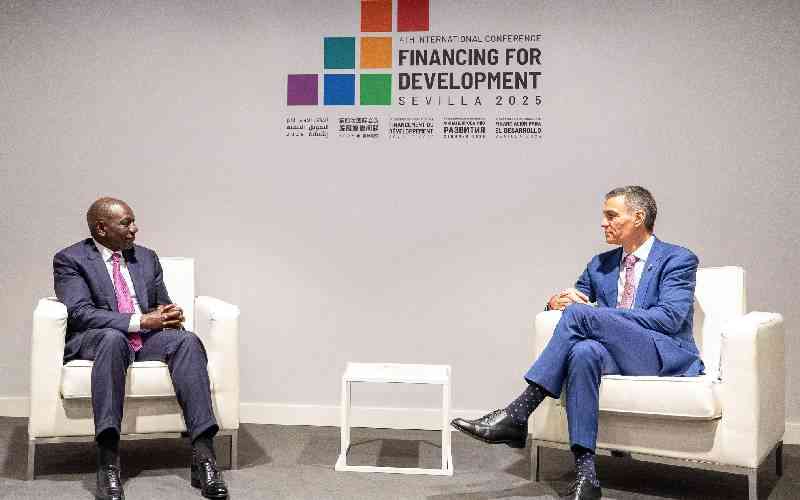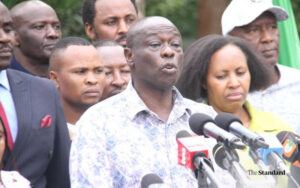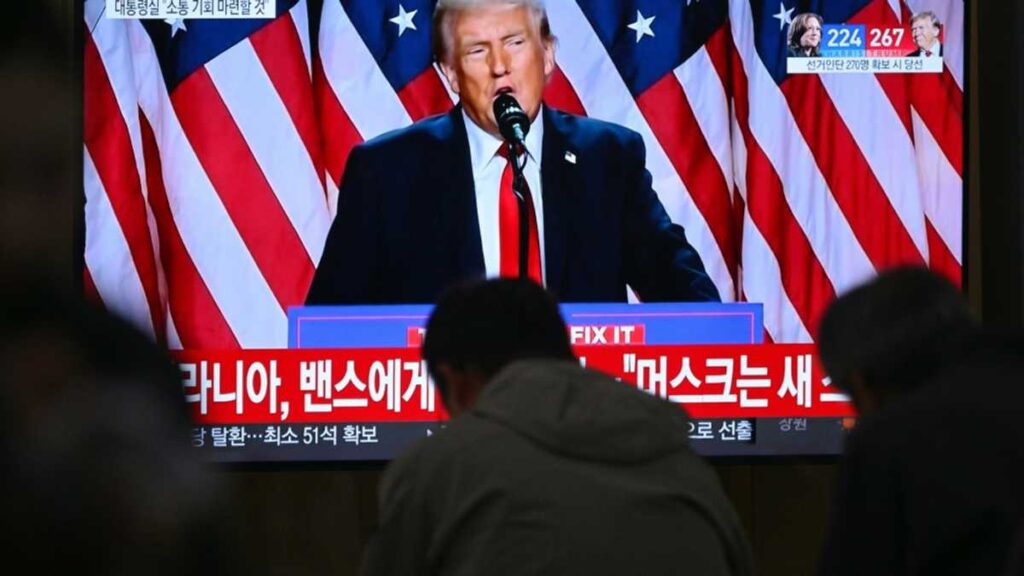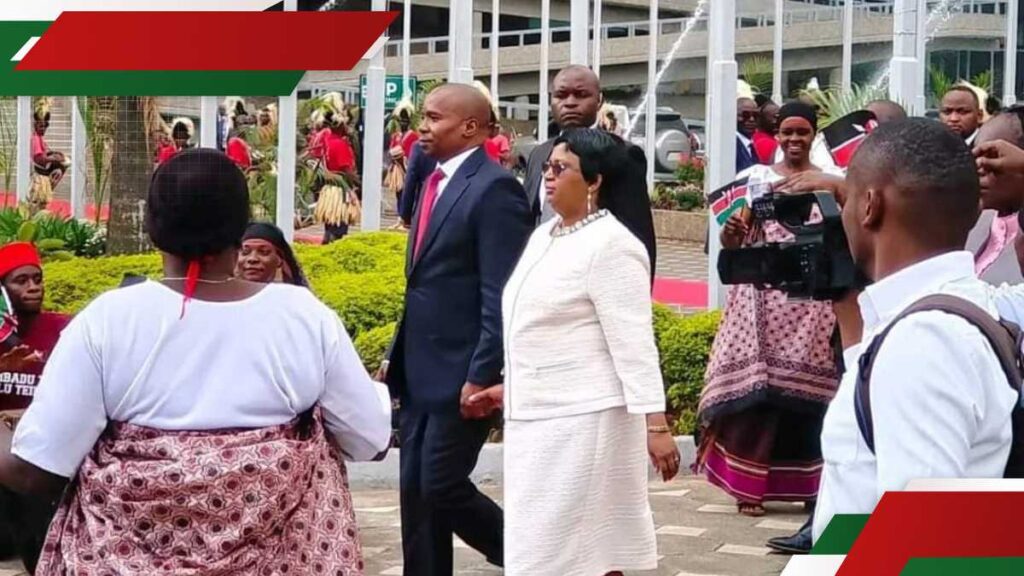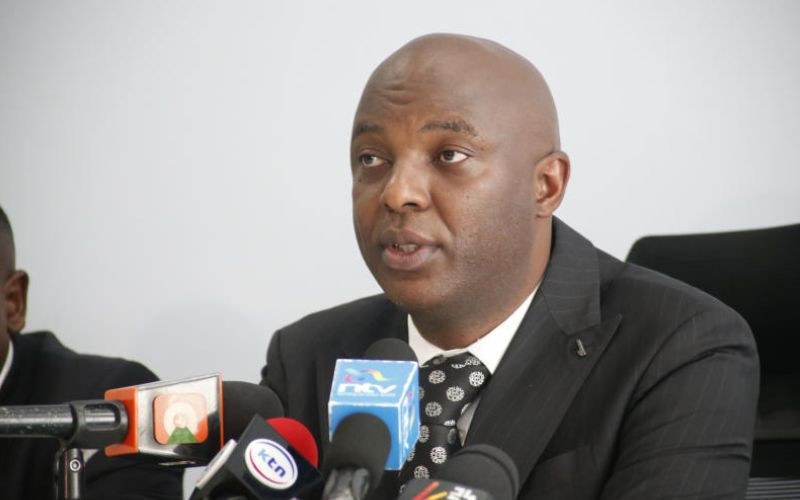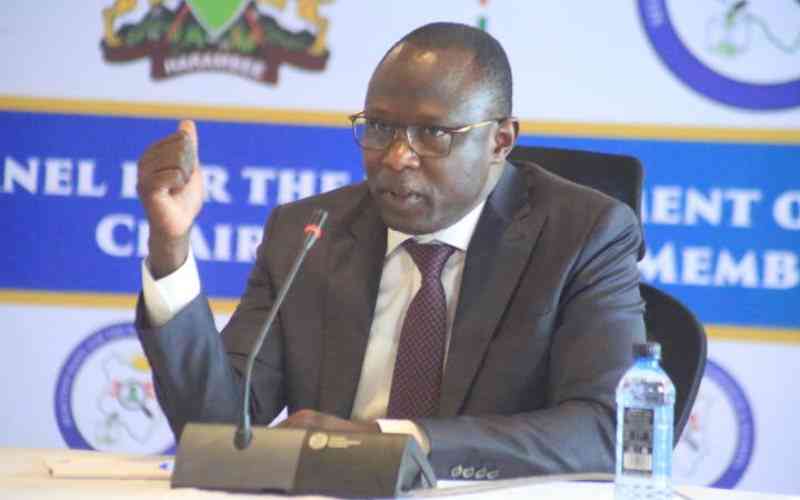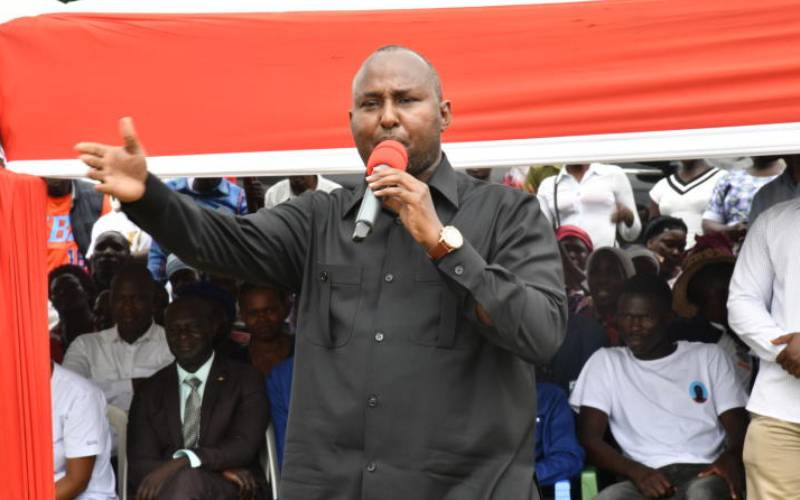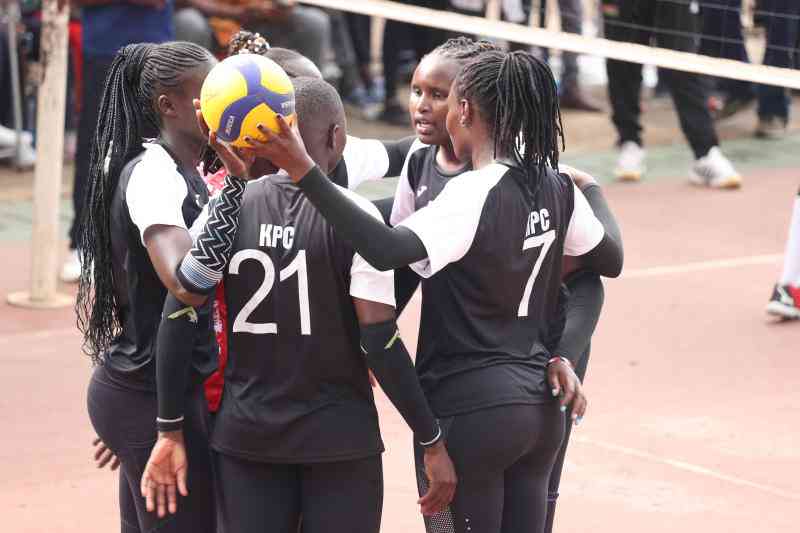The National Treasury was yesterday hard pressed to defend the government’s spending plans for the next financial year, as MPs queried underfunding of critical areas, including healthcare and education.
Senior officials from the ministry were unable to offer solid explanations on the government’s plans to bring down the high cost of living.
National Treasury Principal Secretary Chris Kiptoo faced a barrage of questions from MPs as he presented the 2025-26 spending plan to the Budget and Appropriations Committee.
The committee, chaired by Samuel Atandi, raised concerns about the high cost of living, lack of support for health and education as well as the country’s growing debt, with the MPs saying the new budget might make life harder for ordinary Kenyans.
The government plans to spend Sh4.24 trillion over the 2025-26 financial year. The budget estimates were presented to Parliament at the end of April and the committee has been taking views from different Ministries in an exercise that was concluded yesterday.
The committee with then subject the budget to public participation.
Embakasi East lawmaker Babu Owino questioned the budget, saying there was little money allocated to the health and education sector, and that Kenyans were struggling to afford basic household items.
“There’s no money for health, nothing for education, and people are struggling to afford basic things like sugar. What message are we sending to the citizens?” he posed.
Dr Kiptoo said Kenya Revenue Authority (KRA) collected Sh2.25 trillion last year, which was Sh250 billion short of the Sh2.5 trillion target, but the government was trying to raise more money without hurting Kenyans.
Over the current financial year that ends on June 30, KRA has a target to collect Sh2.58 trillion but had collected about Sh2 trillion as of April 30, and is now expected to raise some Sh600 billion in May and June to meet the target.
Over the 2025-26 financial year, KRA is expected to collect Sh2.757 trillion.
“We are doing our best to collect enough revenue and still protect the economy. The budget is not meant to increase prices. Competition in the market will help keep costs down,” said Kiptoo.
Total collections for the next financial year including Ministerial Appropriations in Aid are expected to reach Sh3.317 trillion with the government expected to borrow Sh876.11 billion to bridge the deficit.
This will further push up Kenya’s debt which currently stands at Sh11.35 trillion.
Stay informed. Subscribe to our newsletter
Kiptoo said Kenyans should understand the country’s financial situation—if they opposed both taxes and borrowing, there would be no money to run government services.
“If we say no to both taxes and borrowing, then where will the money come from to run government services?”
Kiharu MP Ndindi Nyoro asked Treasury to be more open about Kenya’s debt and if all the borrowings were properly recorded in the books of government.
He also asked about the government’s plan to grow the economy by 5.4 per cent.
“How much are we borrowing? What percentage of our economy is that? And are all these debts properly recorded in government accounts?” he asked.
“Is that possible when inflation is high and there’s very little money to spend?”
Nyoro questioned the housing levy too, saying it would be better if the money was handled by private developers instead of the government.
Samburu West MP Naisula Lesuuda also queried the government’s commitment to Kenya’s marginalised communities, which she noted are being sidelined on developmental matters.
“We talk about equal development, but counties like Samburu are always left behind. How is that fair?” she asked.
MPs also brought up concerns from the youth, especially Gen Z, who feel left out of the government’s plans. Kiptoo said the Treasury is aware of this and wants to improve communication.
“We hear what young people are saying. There’s a lot of mistrust. We need to speak with them more and show how the budget benefits everyone,” he said.








